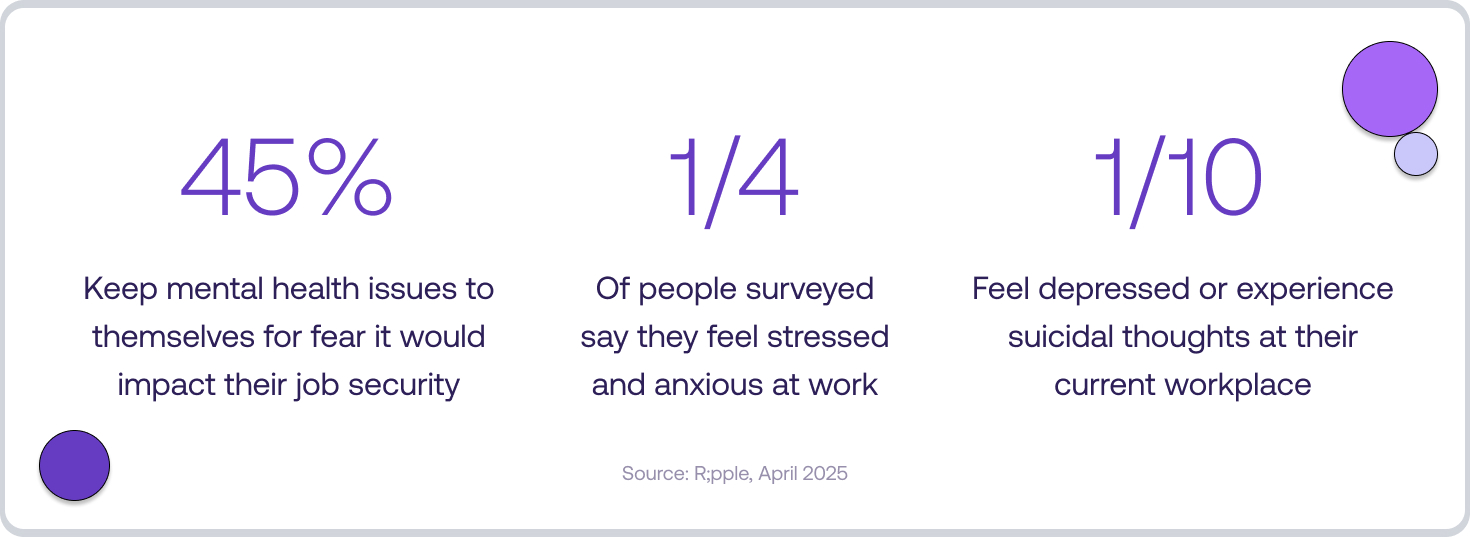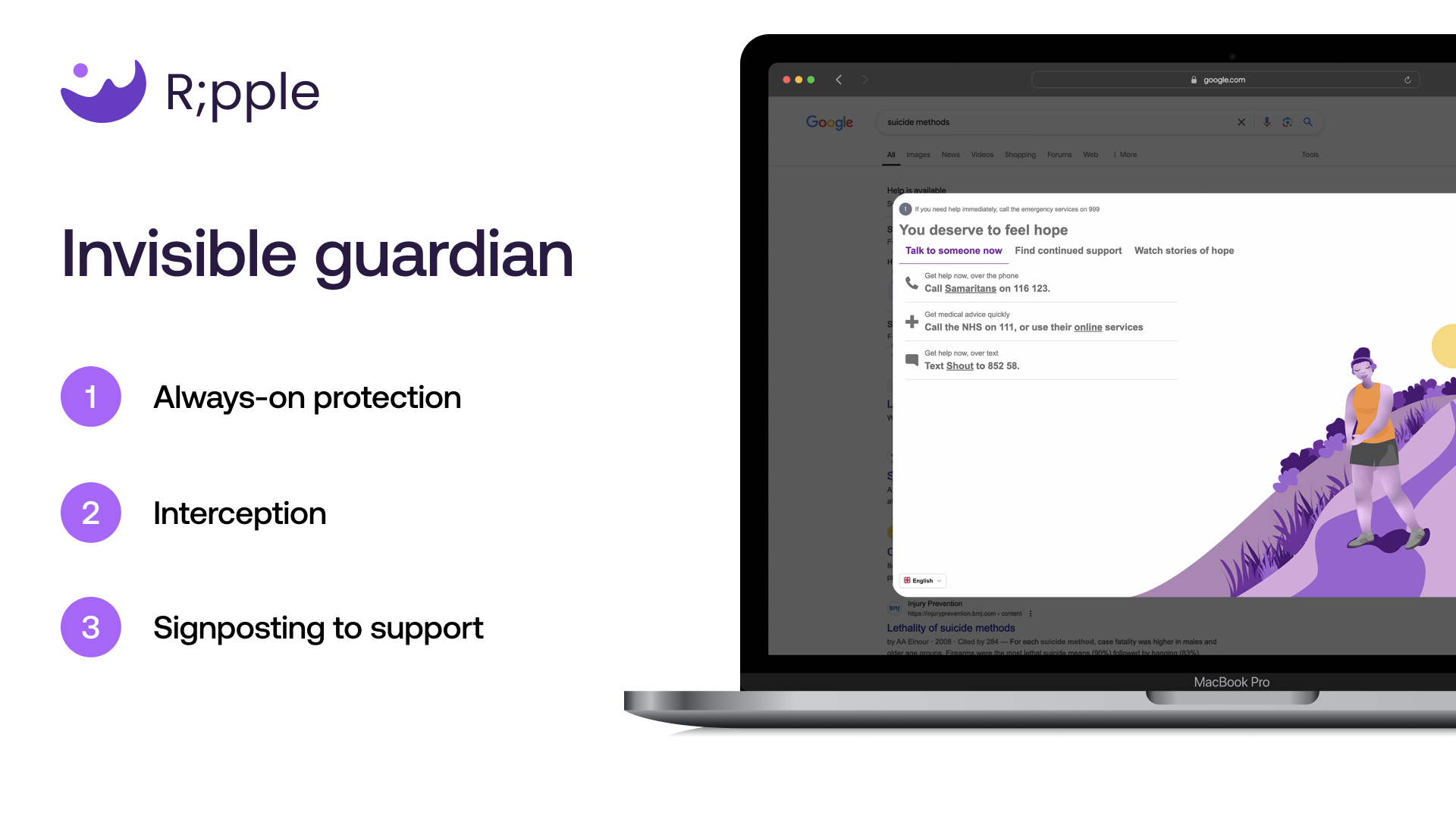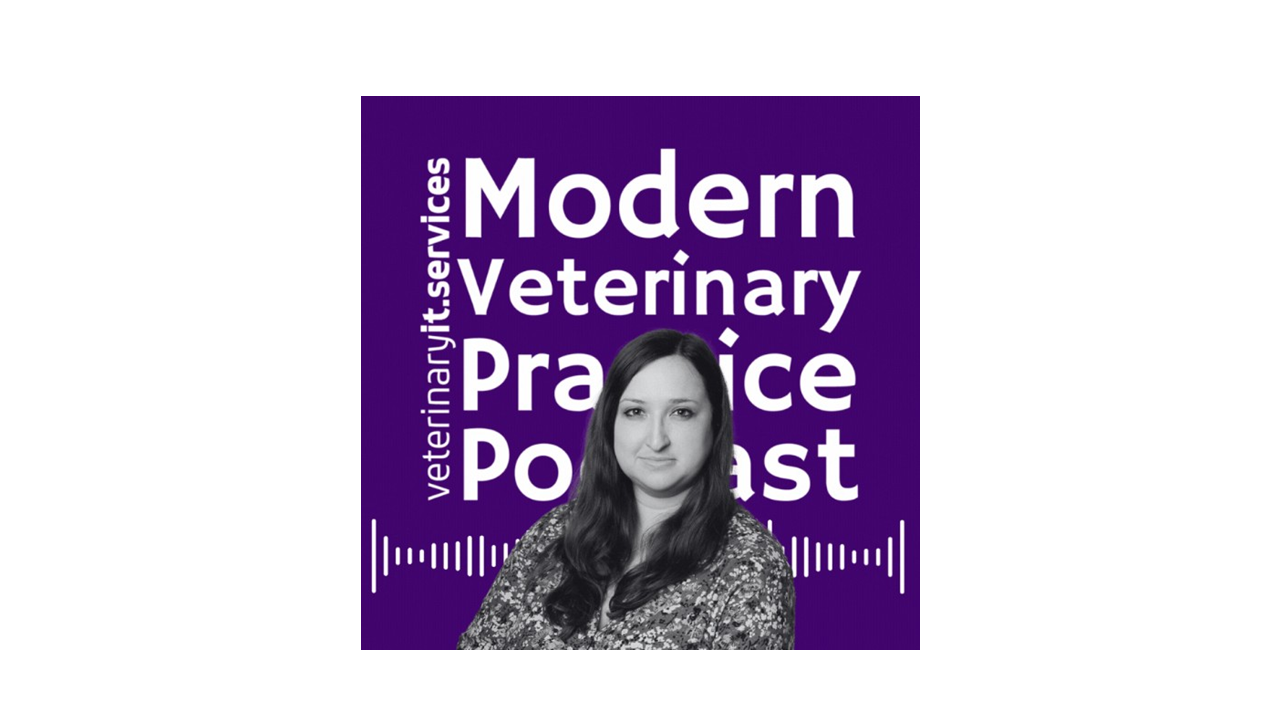

Deadlines, high expectations, challenging colleagues, and ever-growing to-do lists - the workplace can be a significant source of stress. For many, the pressure takes a serious toll on mental wellbeing.
This article explores Ripple's latest 2025 research into the state of employee mental health, uncovering the scale of hidden struggles, the gaps in support, and the urgent need for change. With insight from our founder, Alice Hendy MBE, we dive into this new data.
Employees staying silent on mental health
Our research reveals that 28% of employees regularly experience anxiety at work, and alarmingly, 1 in 10 admit to experiencing depression or suicidal thoughts while on the job.

Concerningly, these feelings are especially prevalent among younger workers aged 18–24, where only 57% say they feel calm and content during the workday.
Additional key findings from the research show that:
- 45% of workers have kept mental health issues secret for fear it would impact their job security
- Over a quarter say they feel stressed and anxious at work
Unfortunately, the strain doesn’t stop when the workday ends. Nearly 3 in 10 (29%) say work-related issues cause them to feel persistently anxious, even outside of office hours. And for 17%, professional stress has negatively affected their relationships with family and friends.
Perhaps most concerning is the culture of silence surrounding these struggles. Nearly half (45%) of workers have dealt with mental health issues but chose to keep them hidden, often out of fear that speaking up could jeopardise their job security or career progression.
When it comes to support, many feel their employers are falling short. Just 38% believe their workplace has all the necessary systems in place to provide the support needed for a mental health challenge, while 12% say their employer offers no support at all for those facing mental health challenges.
What do employees want?
So, how can employers support those who are struggling? Topping the list is better visibility and communication around available support (39%), followed by a workplace culture where people feel safe and confident to speak openly (33%).
Additionally, 32% want to see mental health given greater priority by leadership - not just as a policy, but as a genuine part of the company’s culture. 20% want more online or digital tools to be available to support their mental health.
"These findings are deeply alarming and reinforce what we at Ripple see every day — that the mental health crisis is not just a personal issue, but a systemic workplace challenge.
"The fact that nearly 1 in 10 employees have had suicidal thoughts while at work is a wake-up call for employers everywhere. We must break the culture of silence and fear around mental health.
"It’s time for leadership to move beyond policy and embed genuine care, visibility, and support into workplace culture. Every employee deserves to feel safe, supported, and heard — not just in moments of crisis, but every day,” notes Alice Hendy MBE, Founder of Ripple.
Ripple's support for workplaces
The figures revealed in this research are a reminder of the toll work can take on mental health - especially for younger employees still establishing themselves in professional environments.
It’s clear that while conversations around wellbeing have gained ground, too many individuals continue to suffer in silence. This is where Ripple steps in.

Our digital crisis intervention tool discreetly intercepts flagged search terms - from alcohol misuse to suicide-related content - and signposts to free, 24/7 mental health support.
For employers, installing Ripple across workplace devices and Wi-Fi networks provides a vital lifeline at the very moment someone may be struggling in silence.
Ripple is free for individual users, educational establishments and charitable organisations, helping to extend this safety net even further. Get in touch now to discover Ripple.
The data
The research was carried out online in partnership with Research Without Barriers – RWB. All surveys were conducted between 15th April 2025 and 22nd April 2025 across a sample of 2,018 UK adults. All research conducted adheres to the MRS Codes of Conduct (2023) in the UK and ICC/ESOMAR World Research Guidelines)
Our Sponsors and Supporters

















